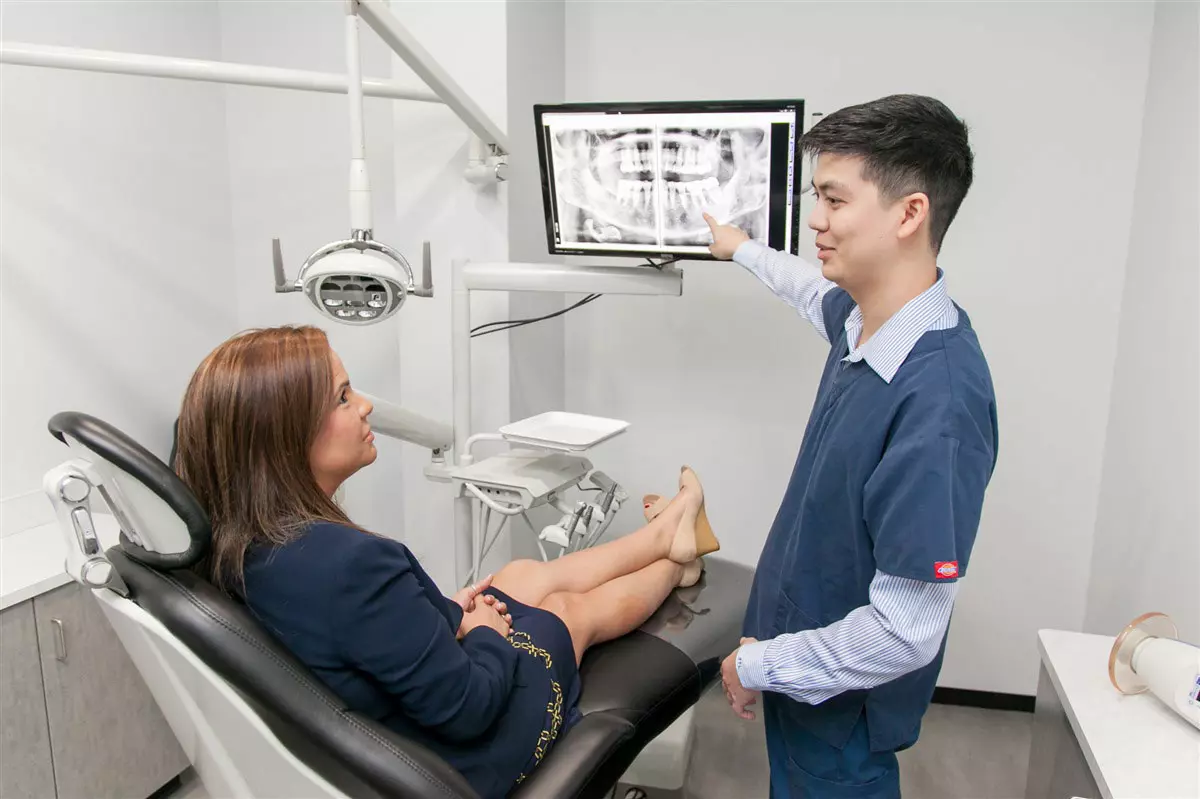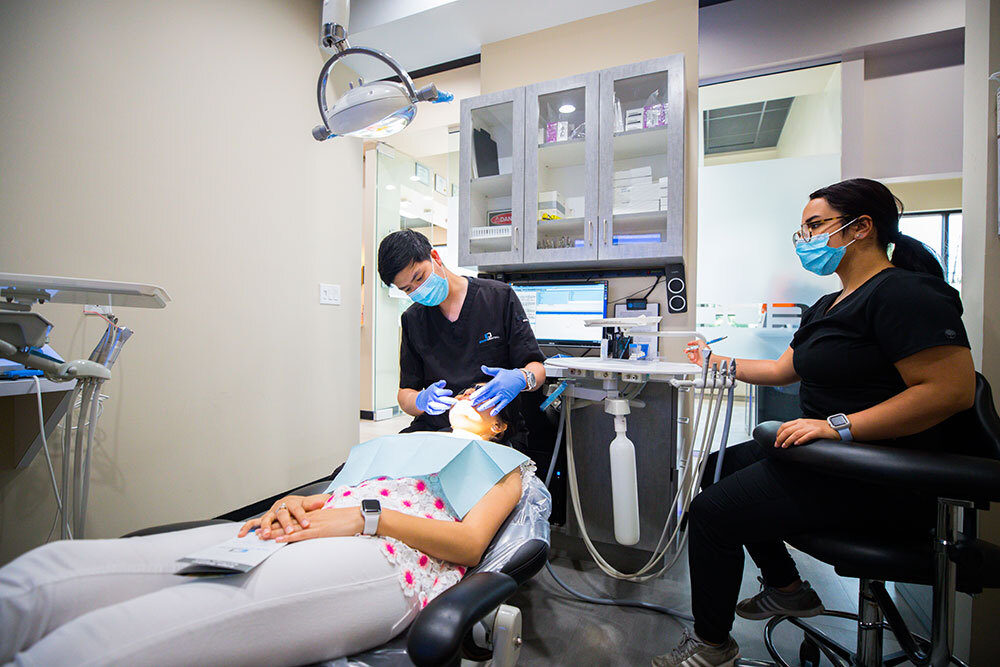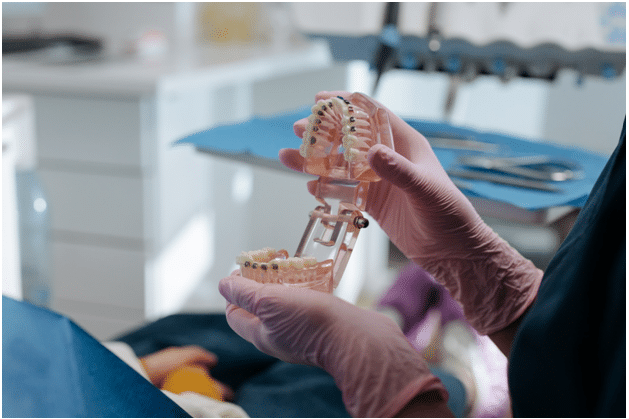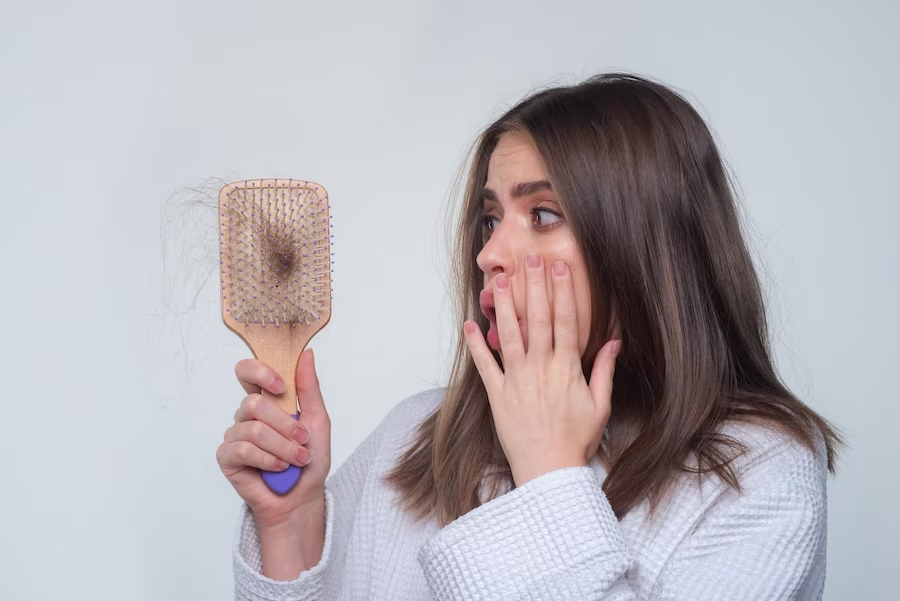In recent years, innovations in dental care have brought us a variety of treatments and products that can improve both aesthetics and overall oral health. Among these products, teeth whitening gum near me has garnered attention as a convenient and simple way to brighten your smile, while sleep apnea dentistry is offering promising solutions for those who struggle with disrupted sleep due to obstructive sleep apnea. But how do these two areas of dentistry relate to each other? Can teeth whitening gum play a role in your oral health beyond just aesthetics? And how can sleep apnea dentistry help improve your quality of life? In this article, we’ll explore these topics and highlight the intersection of oral care and sleep health.
What Is Teeth Whitening Gum and How Does It Work?
Teeth whitening gum is a relatively new product on the market designed to help keep your teeth looking brighter while you go about your daily routine. Unlike traditional teeth-whitening methods such as strips or professional treatments, this gum offers a more accessible, on-the-go solution for maintaining a white smile.
Teeth whitening gum typically contains ingredients like activated charcoal, baking soda, or whitening agents that gently scrub away surface stains caused by coffee, tea, smoking, or certain foods. When chewed regularly, the gum can help polish the teeth and reduce the appearance of staining. It also often contains xylitol, which has antibacterial properties that can help reduce plaque buildup and promote overall oral hygiene.
In addition to these ingredients, some teeth-whitening gums contain fluoride, which helps to remineralize the enamel, protecting it from decay and making it stronger over time. While the results might not be as dramatic as professional whitening treatments, teeth whitening gum can be an excellent tool for maintaining a bright smile between visits to your dentist.
How Does Sleep Apnea Impact Your Oral Health?
Sleep apnea is a serious condition in which a person’s breathing is interrupted during sleep. This can happen due to an obstruction in the airway or because the brain fails to send the appropriate signals to maintain breathing. As a result, people with sleep apnea may experience frequent awakenings throughout the night, leading to poor sleep quality, fatigue, and other health problems.
One lesser-known consequence of sleep apnea is its impact on oral health. The constant interruptions in breathing can lead to dry mouth, which can increase the risk of cavities and gum disease. Dry mouth occurs because the body produces less saliva during sleep, and saliva is crucial for neutralizing acids and washing away food particles and bacteria. Additionally, many people with sleep apnea use oral appliances, such as CPAP (continuous positive airway pressure) machines or custom-fitted dental devices, which can contribute to dry mouth and irritation if not used properly.
Moreover, the grinding or clenching of teeth during sleep, a condition known as bruxism, is common in individuals with sleep apnea. This can lead to enamel wear, tooth sensitivity, and jaw pain. In this context, sleep apnea dentistry plays an essential role in providing patients with specialized care that not only addresses their airway issues but also minimizes the effects on their oral health.
How Does Sleep Apnea Dentistry Help?
Sleep apnea dentistry refers to the branch of dental care focused on treating sleep apnea and related issues through non-invasive oral appliances. These appliances are custom-made by a dentist to help reposition the jaw, tongue, and airway in a way that reduces obstructions, allowing for more uninterrupted breathing during sleep.
There are various types of dental devices used in the treatment of sleep apnea. The most common are mandibular advancement devices (MADs) and tongue retaining devices (TRDs). MADs work by repositioning the lower jaw forward, which helps to open the airway and reduce snoring and sleep apnea events. TRDs, on the other hand, hold the tongue in a forward position to prevent it from collapsing into the airway.
In addition to these appliances, sleep apnea dentistry near me involves educating patients on proper oral care practices and how to manage side effects like dry mouth. By addressing these issues proactively, dental professionals can help improve both the oral health and the sleep quality of individuals suffering from sleep apnea.
Can Teeth Whitening Gum Help Those with Sleep Apnea?
While teeth whitening gum is primarily designed for aesthetic purposes, it can be beneficial for people with sleep apnea in several indirect ways. The dry mouth that often accompanies sleep apnea can contribute to plaque buildup and bad breath. By using teeth whitening gum, individuals can help maintain better oral hygiene, reduce plaque, and minimize the risks associated with dry mouth.
Moreover, many teeth-whitening gums contain ingredients like xylitol, which helps stimulate saliva production. This can be particularly helpful for people with sleep apnea who experience dry mouth due to the use of oral appliances or the condition itself. Increasing saliva flow can reduce discomfort, protect against tooth decay, and alleviate some of the symptoms associated with dry mouth.
While teeth whitening gum may not directly address sleep apnea, using it alongside other treatments may contribute to better oral health, which is crucial for overall well-being. It’s important to note that anyone with sleep apnea should consult with their dentist or healthcare provider before using any new products, especially if they are using CPAP machines or other oral appliances that may have specific care requirements.
How Can Teeth Whitening Gum Be Part of Your Oral Health Routine?
Incorporating teeth whitening gum into your daily oral care routine can be a simple and effective way to maintain your smile between professional cleanings and whitening treatments. Since it’s easy to carry around and chew whenever you want, it offers a great option for busy individuals who want to keep their teeth looking their best.
To maximize the benefits of teeth whitening gum, combine it with regular brushing and flossing, as well as routine visits to your dentist. If you have specific concerns about your teeth, such as persistent stains or the effects of sleep apnea on your oral health, your dentist can offer personalized advice on how to incorporate teeth-whitening products into your overall dental plan.
Conclusion
Both teeth whitening gum and sleep apnea dentistry offer valuable solutions for maintaining a healthy and attractive smile, but they serve different purposes. Teeth whitening gum provides an easy way to fight stains and maintain a bright smile, while sleep apnea dentistry focuses on improving sleep quality and addressing the oral health impacts of sleep apnea.
Though the two may seem unrelated, they can intersect in helping individuals who experience dry mouth or other oral health challenges due to sleep apnea. By using teeth whitening gum as part of a comprehensive oral care routine, those with sleep apnea can keep their teeth healthy and bright, even while addressing the underlying sleep issues through dental devices and other treatments.
Ultimately, both teeth whitening and sleep apnea treatment should be part of a holistic approach to oral health and overall well-being. Whether you’re looking for a brighter smile or relief from sleep apnea symptoms, consult with your dentist to find the right solution for your needs.




